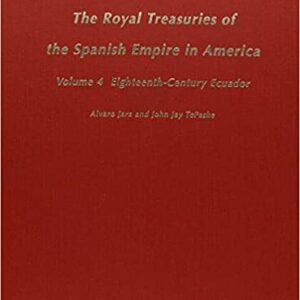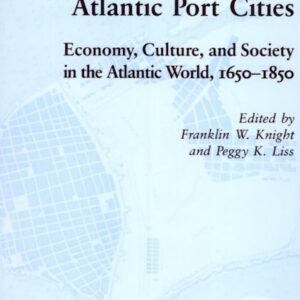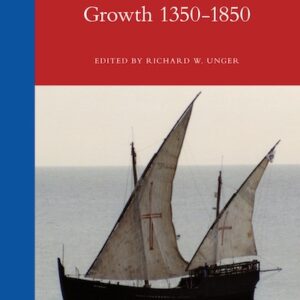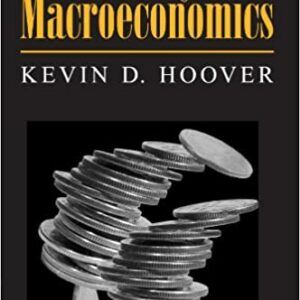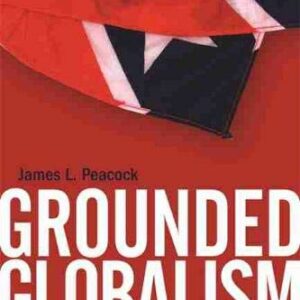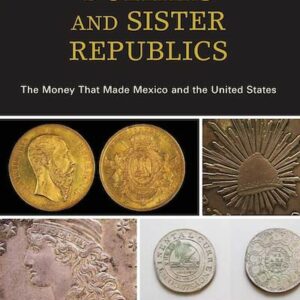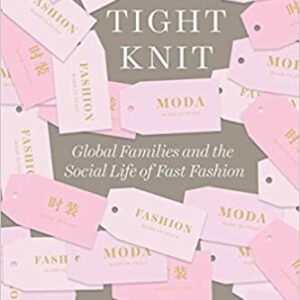
Schumpeter and the Idea of Social Science: A Metatheoretical Study
By Yuichi Shionoya (NHC Fellow, 1993–94) This book provides a unified and comprehensive analysis of the work of Joseph Alois Schumpeter (1883-1950), the world-famed economist ranked with John Maynard Keynes. Although Schumpeter is well known for his work on economic development and innovation, his aim to construct a universal social science addressing the evolution of … Continued
